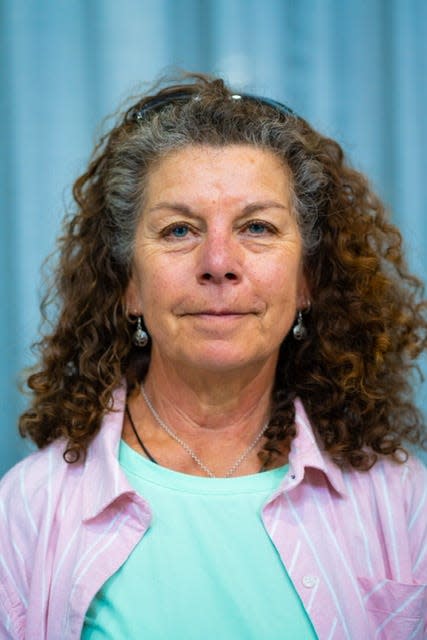My Turn: How we can change the face of recycling

The Recycling Partnership, founded in 2014, is a “mission-driven NGO, committed to advancing a circular economy by building a better recycling system.”
Keefe Harrison, the CEO of The Recycling Partnership says this: “When companies make commitments to reduce waste, improve recycling and advance the circular economy, it’s our job to insist and assist. That means we hold companies accountable for their commitments, but we also help them deliver the best return on investment of time and money. Our board is comprised of industry leading sustainability and recycling advocacy experts from leading companies across the value chain who are committed to transforming United States recycling and enhancing a circular economy.”
Please read this slowly… there is a lot to digest in this statement. Their board consists of VPs, sustainability directors, communication, marketing, packaging, corporate affairs, environmental policy and presidents of the following companies: Association of Plastic Recyclers, Can Manufacturers Institute, Eastman, American Beverage Association, Berry Global, L’Oréal North America, General Mills, Amcor, Proctor & Gamble, Dow, Keurig, Dr Pepper, Campbell’s, PepsiCo, Scrap Recycling Industries and The Coca-Cola Company. These are heavy hitters, understanding that they have responsibility for the products, packaging and marketing of things that we all use, and are working on reducing their impact on our environment.
Just last week, The Recycling Partnership released their latest report that targets our residential recycling issues. This report outlines the five key requirements that will change the face of recycling. Of those five, there is only one that we can influence daily: residents need to be fully engaged in recycling. This report states that 79% of recyclables end up in our landfills nationwide and shouldn’t be there. People! Only you can change this statistic! The other four requirements are as follows: 100% of packaging needs to be recyclable; end markets must be able to utilize recycled materials, facilities that handle recycled materials need to effectively process 95% of materials, and 100% of households need to have adequate access to recycling, preferably from their homes.
So, here is where we find ourselves, the old “chicken and the egg” issue, with plastics being one of the hardest materials to reclaim. Corrugated cardboard, mixed paper and paperboard boxes, plastic liners from food boxes, aluminum cans and steel cans, glass bottles and jars, and plastic bottles and jugs are all effectively recycled here in our county. Because of the challenges of the other plastic packaging, we currently do not offer “other” plastic for recycling as one of the key requirements was for end markets; if we are not assured a home, we will not ask you to recycle. You can choose which products you buy and if their packaging can be recycled. My friend Trish buys salad greens in the plastic bags that are now accepted at all of our recycling sites. Eggs can be purchased in paperboard containers; laundry soap can be purchased in a sheet, (Earth Breeze, Tru Earth, Arm & Hammer, Clean People, Ecos, Beyond… or make your own).
We may not have curbside available anymore, but you can recycle. Multifamily developments need to stress the responsibility for condo and apartment dwellers to do their parts, too. It is sad to know how much of our packaging is meeting the recycling requirements and how irresponsible our citizens can be. County sites are open seven days a week. City of Gastonia sites are closed on Sundays, however, the county sites are accessible for most folks. When the data indicates that 79% of recyclable materials are in landfills, we should be ashamed of our collective laziness. Do your part in 2024 and let’s change this statistic.
Nan Kirlin is the recycling coordinator for Gaston County.
This article originally appeared on The Gaston Gazette: My Turn: How we can change the face of recycling
